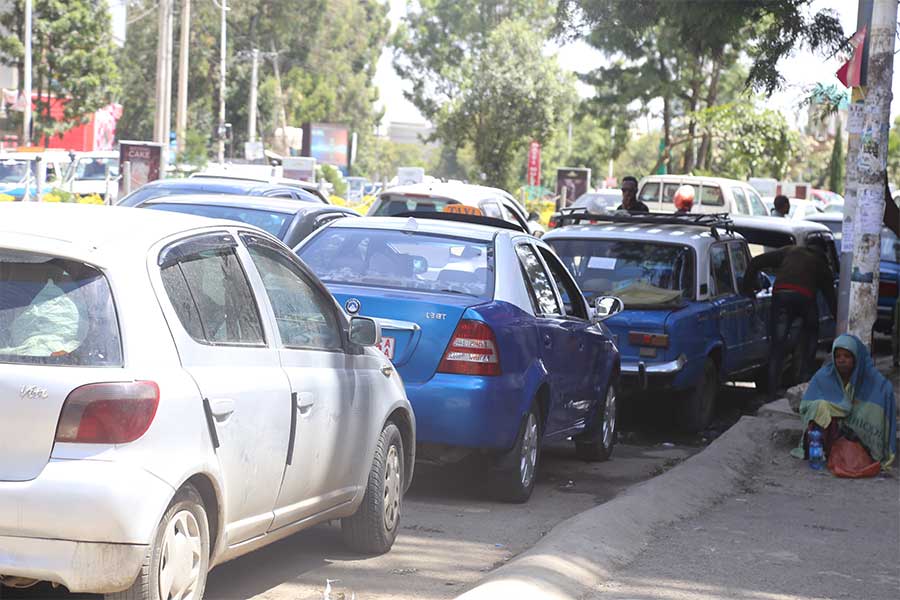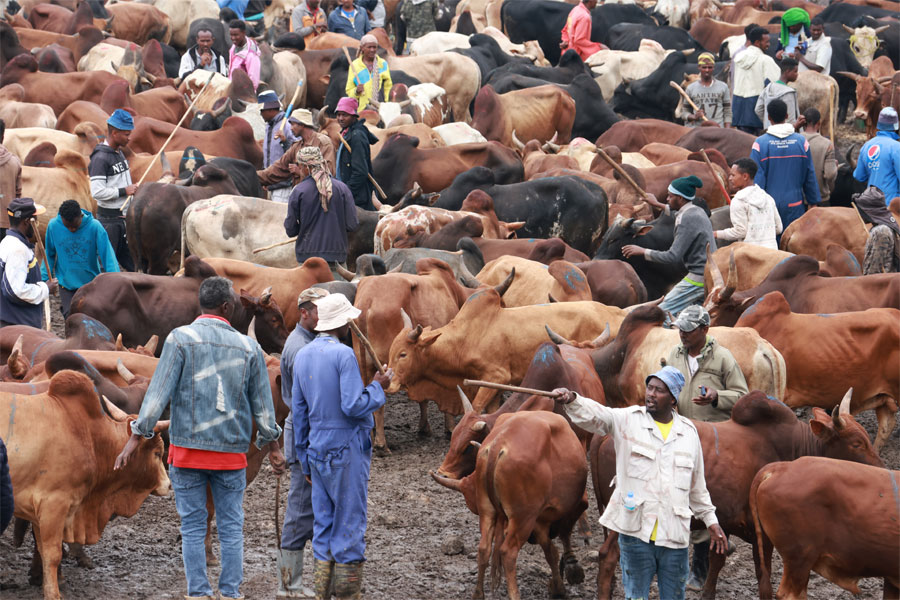
Radar |
Feb 27 , 2021
By Halima Abate (MD)
Around the world, there are wars taking place within countries that lead to displacement and violence. Ethiopia is no different, unfortunately, with a worrying armed conflict in Tigray Regional State that started in November 2020.
There should be no doubt. Conflict affects all parts of a country, particularly in terms of growth and development, mainly if it is protracted. Moreover, they profoundly impact people that are not active combatants, especially the vulnerable. Wars destroy complex socioeconomic infrastructure and arrangements, including those related to health.
It vividly generates tension between the needs and availability of social protection. It is such areas that are in dire need of humanitarian coverage and access for the vulnerable. It is also the case that these parts are likely to lag behind and get a decreased accessibility to coverage.
During times of armed conflict, countries are generally unable or unwilling to provide adequate health services to their population – in the latter case, it is usually the fear that such services might be abused. In such situations, the public should find the courage in its convictions to denounce attacks on health and health-related infrastructure and lack of access to aid services, whoever might be the culprit.
It is critical to speak out loud and clear that shortages in medical supplies, health personnel and a health workforce could have devastating impacts upon the vulnerable and could only worsen the situation. When citizens cannot access health services due to increased insecurity, or legal and administrative barriers, the health concern will only grow in severity and its long-term consequences. It means the health workforce, nursing homes, pharmacies, community clinics and emergency care services are closed, with little alternative avenues for desperate people with a health emergency.
Due to insecurity and instability, travelling to and from health facilities can be difficult and dangerous. This much is understandable. But creating safe access by both sides of the fighting for such critical services to pass through should not be at all debatable.
The problem, of course, only improves to a degree when there is indeed access to humanitarian and health services. There is a tendency to focus on emergencies, which should be, but there is also an under-prioritisation of sexual, reproductive health or mental issues. Unsustainable, short-term humanitarian interventions do not readily transition to longer-term development work. Health actors are also insufficiently made accountable to affected populations for their performance – chances of suing over medical malpractice are nil – and state-centric health frameworks in countries such as Ethiopia cannot meet the needs of the populace. This is especially true if the nation has a health system stretched by the demands of the Novel Coronavirus (COVID-19) pandemic.
Contemplating our country’s scenario, first and foremost, there should be federal government recognition of the overriding need for public health intervention and unfettered access to aid workers to address the problem. It should result in directing the federal government's machinery in alleviating the health hardships of the populace in vulnerable regions.
Among others, the preparedness for disasters should be rationalised, following international laws and experience, to make it consistent and its constructive impacts long-lasting. There should be the management of pre-impact, impact, and post-impact analysis followed by recovery, rehabilitation and reconstruction. Hence, there should be an implementation of context-specific health policies and interventions where key development actors participate in health clusters and coordinate among themselves. They should facilitate the exchange of comprehensive information with humanitarian health actors, including performance accountability and financial accountability. Nothing less should be expected when it comes to the unfolding situation in the country's north.
PUBLISHED ON
Feb 27,2021 [ VOL
21 , NO
1087]


Radar |

Obituary | Mar 13,2021

Commentaries | Apr 19,2025

Fortune News | Sep 14,2019

Radar | Jan 29,2022

Agenda | Sep 09,2023

My Opinion | Nov 13,2021

Fortune News | Dec 19,2020

Commentaries | Dec 29,2018

Fortune News | Aug 07,2021

My Opinion | 131967 Views | Aug 14,2021

My Opinion | 128357 Views | Aug 21,2021

My Opinion | 126294 Views | Sep 10,2021

My Opinion | 123910 Views | Aug 07,2021

Dec 22 , 2024 . By TIZITA SHEWAFERAW
Charged with transforming colossal state-owned enterprises into modern and competitiv...

Aug 18 , 2024 . By AKSAH ITALO
Although predictable Yonas Zerihun's job in the ride-hailing service is not immune to...

Jul 28 , 2024 . By TIZITA SHEWAFERAW
Unhabitual, perhaps too many, Samuel Gebreyohannes, 38, used to occasionally enjoy a couple of beers at breakfast. However, he recently swit...

Jul 13 , 2024 . By AKSAH ITALO
Investors who rely on tractors, trucks, and field vehicles for commuting, transporting commodities, and f...

Jul 5 , 2025
Six years ago, Ethiopia was the darling of international liberal commentators. A year...

Jun 28 , 2025
Meseret Damtie, the assertive auditor general, has never been shy about naming names...

Jun 21 , 2025
A well-worn adage says, “Budget is not destiny, but it is direction.” Examining t...

Jun 14 , 2025
Yet again, the Horn of Africa is bracing for trouble. A region already frayed by wars...

Jul 6 , 2025 . By BEZAWIT HULUAGER
The federal legislature gave Prime Minister Abiy Ahmed (PhD) what he wanted: a 1.9 tr...

Jul 6 , 2025 . By YITBAREK GETACHEW
In a city rising skyward at breakneck speed, a reckoning has arrived. Authorities in...

Jul 6 , 2025 . By NAHOM AYELE
A landmark directive from the Ministry of Finance signals a paradigm shift in the cou...

Jul 6 , 2025 . By NAHOM AYELE
Awash Bank has announced plans to establish a dedicated investment banking subsidiary...